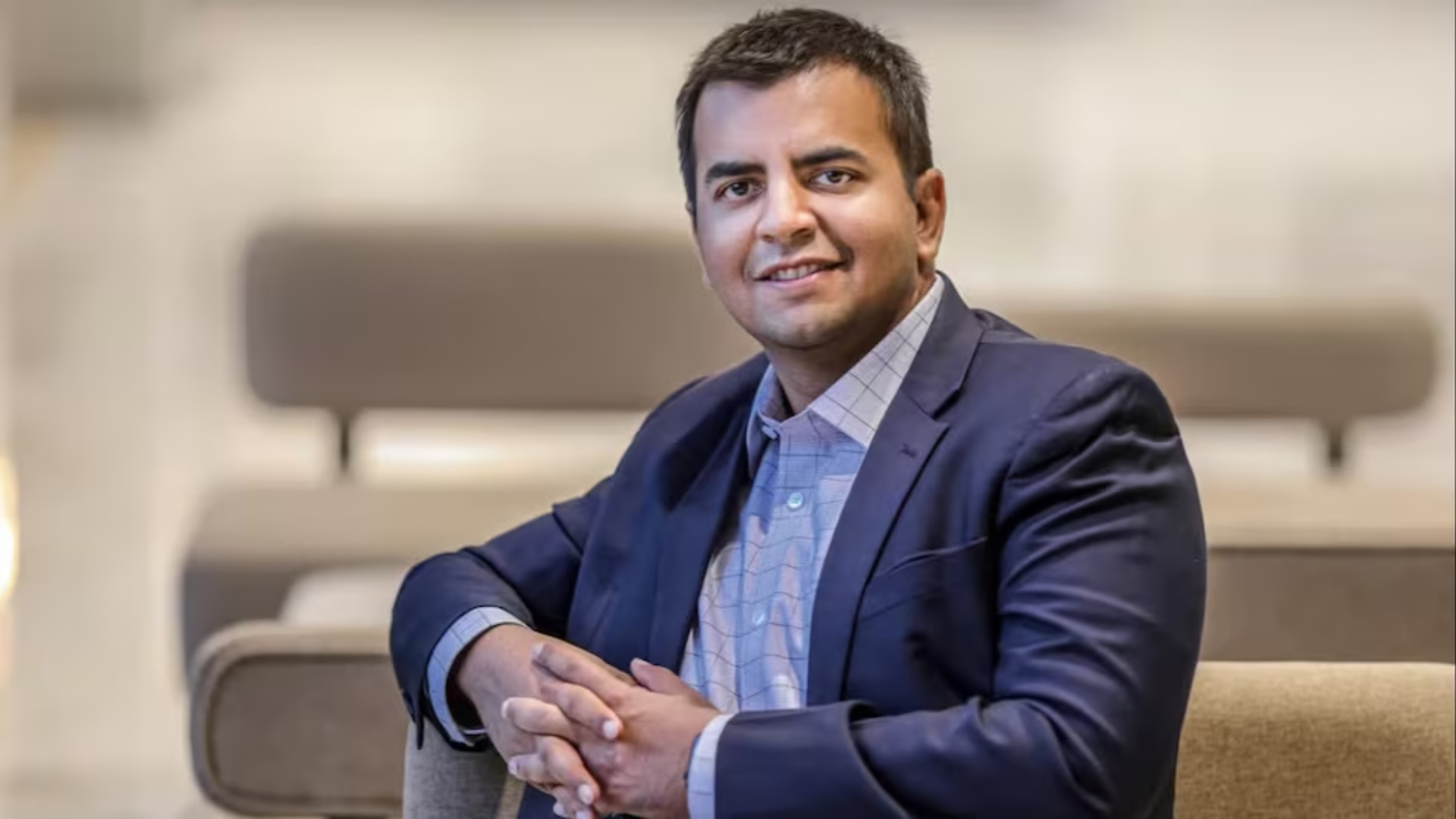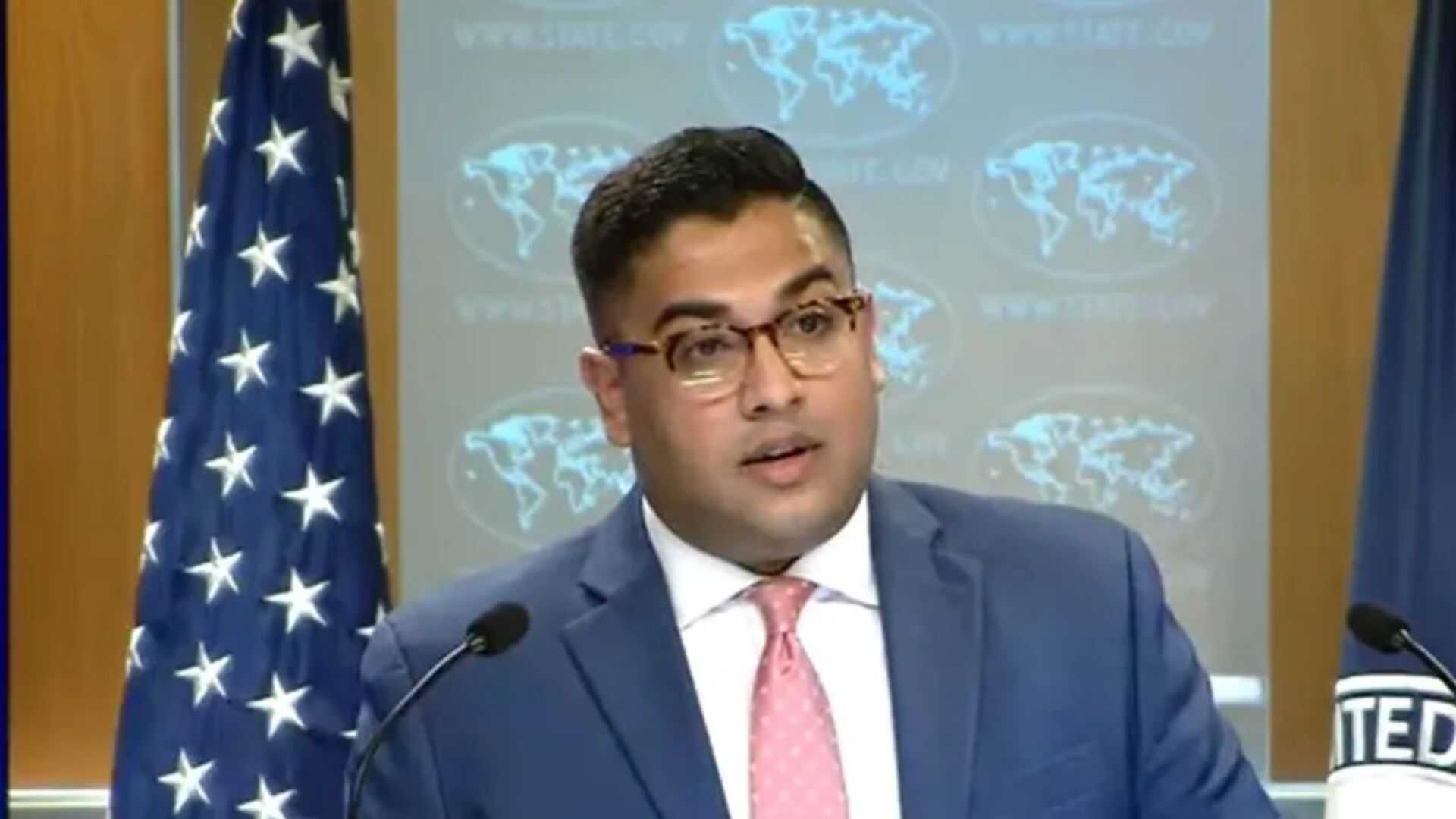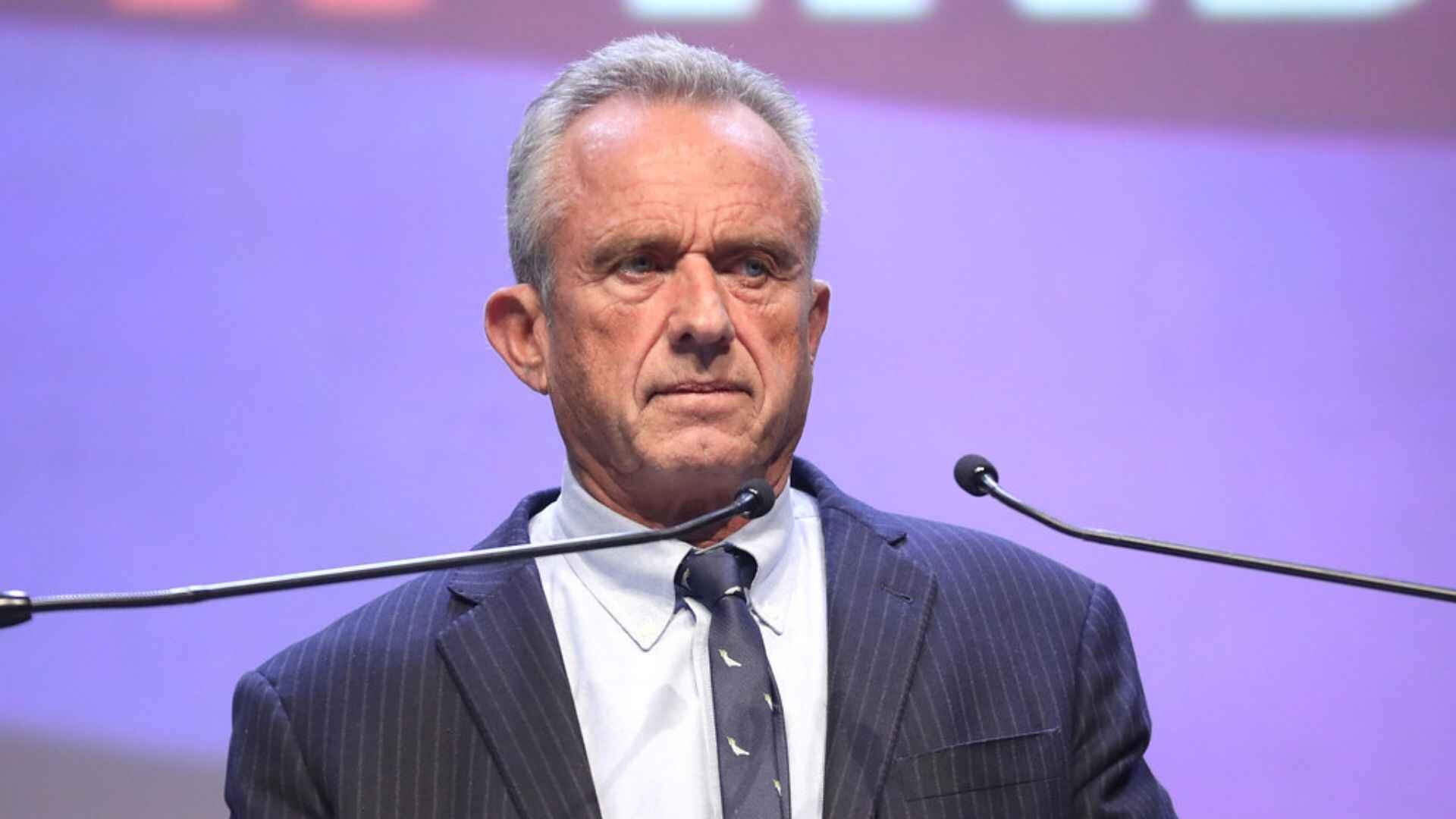
Bhavish Aggarwal, the CEO of OLA, has stirred a major debate on microblogging site X (formerly Twitter) with his comments on the answer provided by LinkedIn’s AI Bot when asked about his bio. Aggarwal’s remarks have sparked discussions regarding cultural nuances and corporate practices in India.
Aggarwal shared a screenshot of the answer provided by LinkedIn’s AI Bot in response to the query “Who Is Bhavish Aggarwal.” Expressing his discontent, he mentioned, “This ‘pronouns illness’ is being perpetuated in India by MNCs without us Indians even realizing it.” He expressed concern about the adoption of western corporate practices, including the use of pronouns in CVs and corporate culture, in India.
Hoping that this “pronoun illness” doesn’t reach India.
Many “big city schools” in India are now teaching it to kids. Also see many CVs with pronouns these days. Need to know where to draw the line in following the west blindly! pic.twitter.com/q4CwiV6dkE
— Bhavish Aggarwal (@bhash) May 5, 2024
While some individuals supported Aggarwal’s stance, many criticized him for what they perceived as insensitivity and homophobia. The CEO’s comments were particularly scrutinized as they came just ahead of Pride Month, dedicated to celebrating the LGBTQIA+ community, which falls in June.
The incident has ignited a broader debate on cultural integration, corporate practices, and the influence of western norms in India’s professional landscape. Aggarwal’s remarks highlighted concerns about blindly following western trends without considering their compatibility with Indian cultural values.
Various comments surfaced on social media, with some defending Aggarwal’s viewpoint on maintaining traditional values and others condemning his statements as regressive and discriminatory. The controversy has brought attention to the evolving dynamics of corporate culture and societal norms in India.
The incident involving Bhavish Aggarwal’s remarks has sparked a meaningful dialogue about the intersection of cultural values, corporate practices, and inclusivity in the Indian context. It underscores the importance of respectful discourse and understanding diverse perspectives in a rapidly changing global environment.















